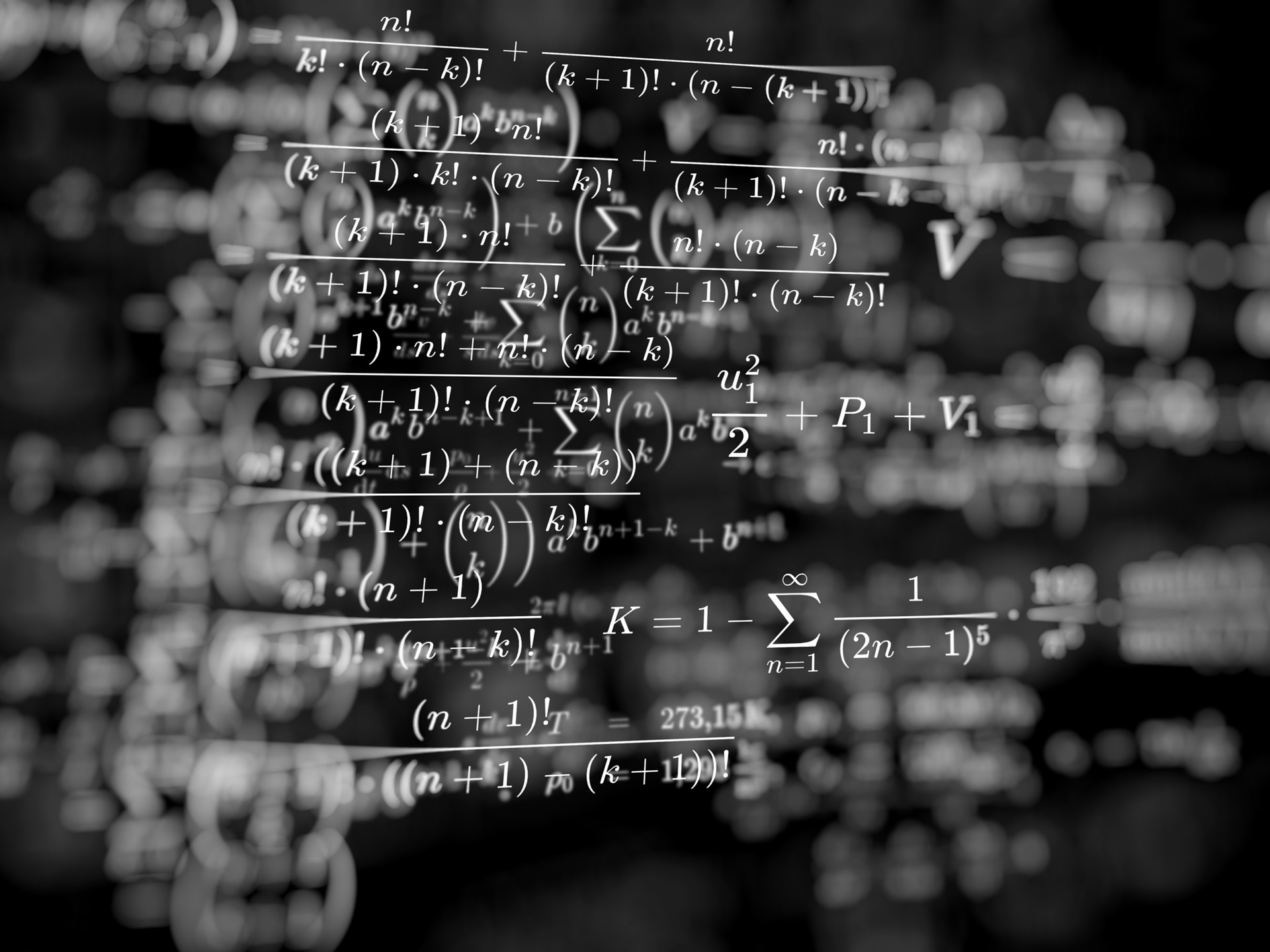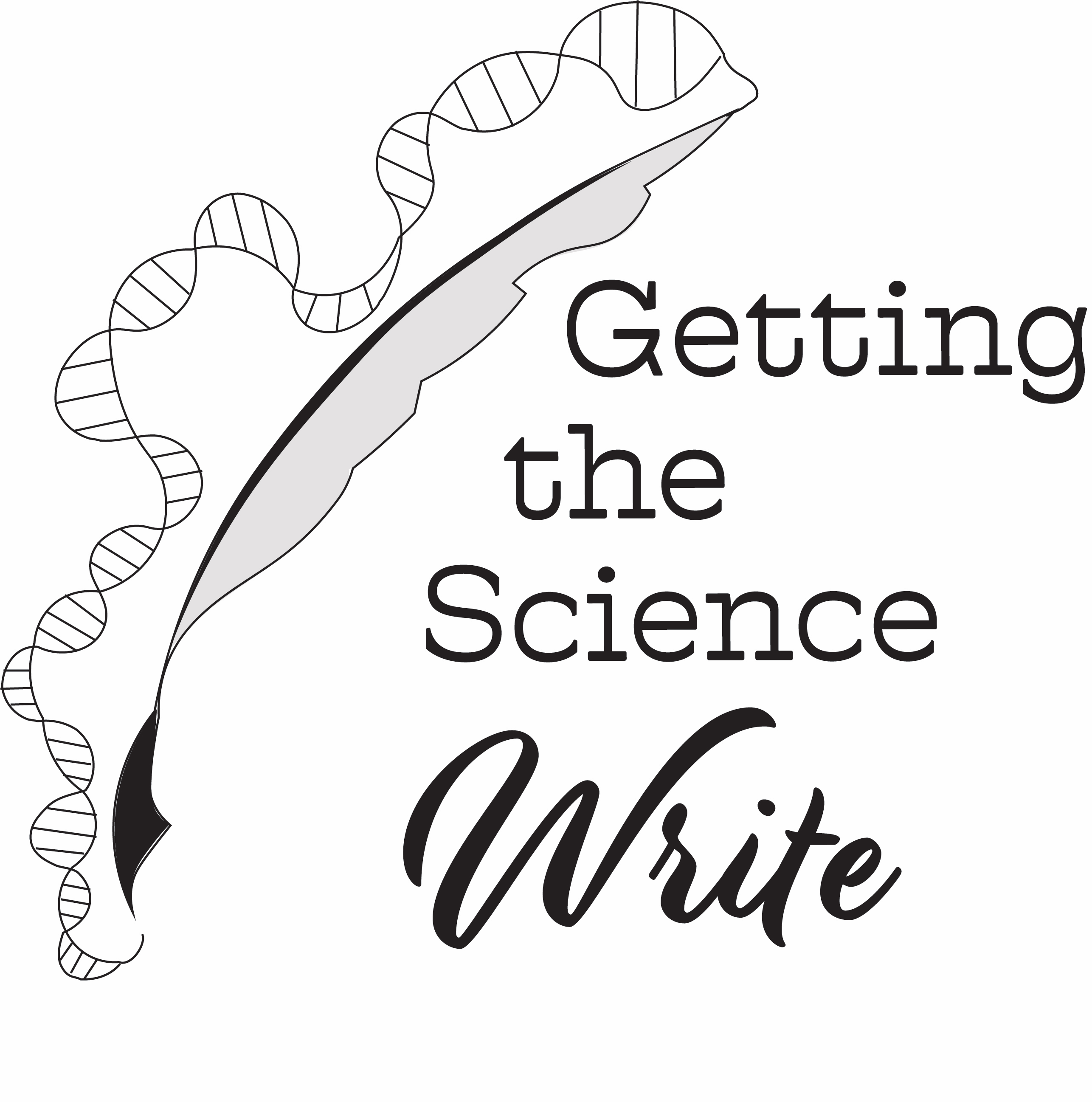Science in Fantasy, Part 1
Brielle frantically dabbed the tip of her pen on her tongue and went over her math again. If she was about a thousand meters away, her firebolt, when cast at a thirty-degree angle, would require a velocity of about 120 meters per second.
But, she had to take into account air resistance AND the loss of energy over that large of a distance. If she shot it at a shallower angle, could she potentially reduce the loss of energy induced by the air friction?
Aster snatched the paper from her lap, spilling her ink everywhere on the rocks sheltering them like black rain. “We are facing an army, Brielle, not your next midterm!”
“I need to determine the minimum velocity of my spell so I can minimize the use of my own energy!” Brielle scrambled for her paper and notes. The gravel around her quaked as the enemy approached. Her hands shook while she frantically organized her leaflets. Her first battle, and already breaking the cardinal rule of spellcasting: keep your hands steady. Shaking used calories, and calories were vital for spell formation. And she had barely eaten enough for this skirmish. “I need to figure that out for the next volley of spells or I’ll pass out by the time the army comes into melee range!”
Readying their hand, fire sparking between their fingers, Aster angled their arm just below 45 degress. “Do it in your head”
Probably not the post you were expecting, eh? Especially on a blog where “science” is in the title. And while I spent my whole first post talking about using science much like a magic system (using “hard” or “soft” systems as described by Brandon Sanderson).
“Science” and “fantasy” seem far too dissimilar, far too incompatible to hold in one sentence. It’s the equivalent of 1984’s doublethink. WAR IS PEACE, FREEDOM IS SLAVERY, and SCIENCE CAN BE IN FANTASY WORLDS. How can such a sentence even exist?!
However, I would argue that most fantasy worlds still use the same basic rules as ours. That is, gravity still exists, diseases still emerge in certain patterns due to different pathogens, and people are still curious. Why can’t accurate astronomy exist in a world where you can conjure fire or flowers? Why shouldn’t the laws of thermodynamics still apply in a world where dragons sprout from the ground?
So, for this blog post, we are diving into whether alchemy is a replacement for science in your fiction, using math in your fantasy world, and going one step further from math into physics as an example of incorporating STEM fields.
(I jokingly told my friend that this would be me screaming “MORE MATH IN SORCERY” the whole post, but now that I have a full blown blog post…the joke has become reality)
Why You Should Mix Science and Magic

Stands up on Box “…Ahem…”
Science and Magic are not necessarily diametrically opposed forces and should have an exceptional amount of overlap between them.
Both the study of science and magic fundamentally deal with the unknown occurrences in the world and how it can be understood to our benefit (I’m not kidding. We wouldn’t have research if there wasn’t uncertainty in science. There’s always more to discover!)
However, many fantasy novels fall for this dichotomy. Science is “too logical” and therefore cannot possibly coexist with magic, a strange force that— even with concrete rules laid out— still is fundamentally a mystery to the world.
I think it’s strange that science and magic would be at odds with each other in fantasy realms. To figure out the rules or the abilities of magic, you would still have to apply scientific thinking: forming hypothesis, developing experiments (to test said hypotheses), reviewing results, and then refining your hypothesis based on said results.
So wizards are just the graduate school of magic: folks who spend time testing the laws of magic. Suddenly, I feel a kinship with all the nerdy wizards in those arcane academies…
If You Have Alchemy, Do You Have Science?

Alchemy (the study of transmutation) is not considered modern science. Most of the time, alchemy is used as a sort of “cheat” in fantasy to have worldbuilding and plot ideas that are eerily similar to modern science concepts but tend to fall short of real science.
If we’re being real here, alchemy is the precursor to chemistry. The reason why we consider alchemy to have a place in fantasy works is because most of alchemy is considered pseudoscience by today’s standards. Hence, it has a perfect place in a fantasy world. Usually, However, there’s some evidence that their work may have been closer to legitimate chemistry experiments. The study of alchemy also led to laboratory techniques (keeping a scientific notebook, for example). So, having historically accurate alchemy in your novels, you’ll be surprisingly close to incorporating real-life chemistry concepts in your work (not the most accurate, but it’s close!).
But usually when you see “alchemy” in a fantasy realm, they’re not referring to historically accurate alchemical practices. I said it was a “cheat” earlier. It’s an easy way for writers to have scientific-like jobs without using scientific concepts. Maybe alchemist research magical gems, but none of their research makes actual sense or is accurate to how research would progress. Maybe alchemy exists, but it’s just an excuse to have steampunk in one’s work (no shame in that!). But I can’t think of too many books where alchemy is treated like an actual area of research, and more like spastic mad-folk poking at random elements in the world with no rhyme or reason except to give the world even more sci-fi elements.
(…. Surprisingly accurate to how my own research feels sometimes, but that’s another story)
Again, the likely reason this happens is because of the assumed dichotomy between science and magic: have too much science, and the magic of your world either falls apart, or magic becomes “less magical.” So the quick fix is to make this “science” into a “soft magic” system, or a system without many, if any, rules.
So, About That Math

It IRKS ME TO NO END that many fantasy books do not incorporate math more. (Insert righteous rage!)
You can have mathematicians in fantasy. In fact, you should have mathematicians. Math has been rampant across human history. Algebra can be traced back to the Babylonians. The Rhind Papyrus depicts ancient Egyptian mathematics. If we turn to ancient Greece, you have heard of the mathematicians Pythagoras and Aristotle (he’s everywhere in this post). During the Edo period in Japan, a whole new math system, wasan, was developed. And in China, folks had already developed a form of the decimal system within 1600-1000 BC. And all of this is taken from Wikipedia, folks! I’m not even getting into the nitty-gritty of math’s history! So if your world doesn’t have math because “magic and [insert your time period inspiration]” you are missing out on the rich and diverse history of human ingenuity and possible worldbuilding.
Why am I driving home the idea that math should be a thing? Simple: it means characters can do the calculations.
Some of your characters should not only understand basic calculations, they should also know some of the more complicated ones. Not every character needs to have a degree in mathematics, but if they went to some university for science or magic, they were assuredly taught math. They can calculate the amount of energy it will take to create a fireball and if that’s a feasible spell to cast in the state they are in. To liken it to cannon fire, your characters should know how far their spells can reach and can therefore determine the appropriate angle of their aimed spell for the necessary arc. They can calculate the force and energy created by their spell of choice, especially if the spells have been studied and characterized. Your characters can use spells with a loud sound to interpolate distances based on when they hear the echo in combination with the known speed of sound (For reference, Sir Isaac Newton had an approximate volume for the speed of sound, and others before him had been trying to calculate it as well).
Where was I going with this? Ah yes! More math in magic! An easy step in incorporating STEM in your fantasy realms. But math is but a gateway for more STEM fields!
Do We Assume No Air Resistance In Our Perfect Sphere Spells?

Physics is one of my favorite incorporations of STEM in fantasy worlds. When it’s employed well… chef’s kiss.
Firstly, it has some simple yet effective laws that your world and magic can work on. Energy is neither created nor destroyed, it simply transfers (Law of Conservation of Energy). The change in the internal energy of a system is equal to the work done by or on the system, and the heat that is transferred in or out of it (First law of thermodynamics). Heck, even Newton’s law of universal gravitation.
Secondly, there are some aspects of physics that are just WILD and perfect for stealing for magic systems.
Let’s take a page from electromagnetism for a quick example: Let’s say there’s a general population with magic that functions like electricity in a circuit. You have people who are effectively capacitors, or devices that can store electric potential energy. Others are like resistors, or devices that control the amount of current. You can run the resistor folk in series or in parallel, charging the “lightbulb” in this scenario, be it an actual device or a spellcaster. The total power set up by the “people circuit” can be solved by Ohm’s law. Cool, right?
Or, you can use another page from electromagnetism, and only look at conducting capacities of people. Some folks are conductors, who can “carry a magic charge,” and some are insulators, who are “resistive to magic,” and some are inductors, who can “store a magic charge.” Cue Ampere’s circuital law!
And that’s just using physics as a base for your magic system.
Even for worldbuilding, this incorporation of studying physics opens so many doors. You could have research studying the thermodynamics of spells. How much energy is release in a single spell? There could be entire labs that use calorimeters to measure the change in water temperature when spells are cast in water, which can be converted to calories (measurement of energy released). And as the first law of thermodynamics states, energy is neither created nor destroyed, but rather converted and transferred. If you’re spell creates heat, where did that energy come from? If your spell creates kinetic energy, what creates the potential energy for the kinetic energy? Can you predict and calculate the potential energy of the spell? There could be an entire field studying the thermodynamics of magic in your world and how to improve that transfer of energy for your magic users.
And most importantly, do researchers studying all of this have to simplify problems to do these problems like physicists? Do we assume a perfect sphere, no air resistance, or that the spell is cast in a vacuum to do those back-of-the-envelope problems? Do your fantasy calculations assume spherical cows?
You could have the equivalent of electrical engineering that study how to effectively use metals (or maybe another material) to carry the energy of magic along circuits. Check out circuit analysis in a physics textbook, and you’ll be amazed at how intricate circuits are just to light up a few lightbulbs. What if you had a similar study where scientist study how to create circuits carrying energy? Or even just the study of how to conduct magic like electricity would be an entire field in itself!
Arguably, you could have mages leading this research, but note that many of these possible fields of study do not require the researchers to use magic (which is a fantastic lead in for my next post!). In fact, if magic is a rare ability in your world, the folks researching magic are most likely going to be non-magic folks!
Takeaway
This post barely scratches the surface of using science in fantasy, and we mainly touched on using one field as the basis of the magic system! I once made a magic system based on all the different types of energy (thermo, kinetic, etc), which I may pull out again as another showcase of STEM+magic. But as well see in the next post, there’s so many more numerous (and I would argue interesting) ways of incorperating science into a fantasy realm without even touching a magic system!
For a sneak peak for the next post, check out my Instagram at @gettingthesceince for a flash fiction piece in the story highlights! (My computer is being stubborn, so no link available to said instagram at the moment). Or, check out Marie Brennan’s novel, “A Natural History of Dragons” for a good book recomendation in the same vein as next post!
Stay safe friends!
